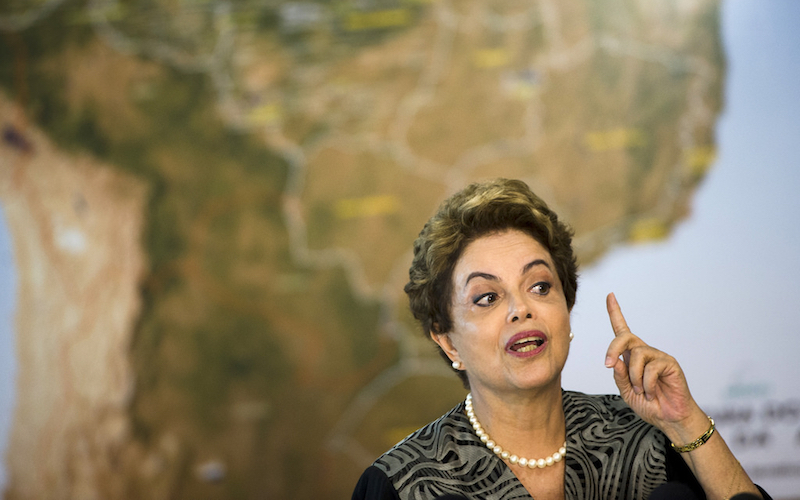
Brazil Corruption Probe Testing the Outreach of a Vicious Business Model
Under the suggestive name of “Operative Vice,” a police probe was opened by the Federal Police of Brazil. As part of the latest phase, the investigation of the potential payments of bribes to Petrobras executives and to Brazilian politicians by officers on behalf of companies selling steel pipes to Petrobras is now being addressed.
This new phase represents an enlargement of the scope of the probe beyond its core, which so far has been focused on the formation of a cartel by construction companies to determine which company is awarded in every bid conducted by Petrobras while overpricing the quotation for the requested services. As compensation for the collection of such over-prices, some Petrobras executives and politicians belonging to practically all political parties in Brazil received bribes from officers of the awarded companies.
According to the judicial request underlying this latest phase, three leading international steel pipe manufacturers have been under scrutiny, including two who are suspected of having potentially paid bribes: Tenaris Confab and, separately, U.S. Steel through a 50% participation in a venture. The judicial request also claims that in the case of the third steel pipe manufacturer, the local unit of V&M, there is no evidence of a potential breach of law, but V&M remains under investigation. To note, the three companies are exposed to the United States Federal Corrupt Practices Act because certain securities of these companies are listed on the New York Stock Exchange (NYSE).
Judge Sergio Moro also notes that the misconduct of the offenders was systematic and repetitive to the point that it was described by some of them as being the “rules of the game.” Judge Moro also made it public that, even after the opening of the probes, some corporations continue their wrongdoing business practices.
Judge Sergio Moro characterized the systematic quality of their actions as an essential pre-condition for a given business model to be implemented. For countries such as Brazil and Argentina, where businessmen so far enjoy a positive perception among the general public, supported by mass media, the “vice” underlying the repetition of a business wrongdoing as well as the active role of successful business leaders in harmful political liaisons was not evident until the Lava Jato probe.
In connection with the corporations involved in this latest phase, and also in relation to the potential systematic repetition of a business breach of laws, there is the particular case of Tenaris Confab which is headed by Forbes listed billionaire Mr. Paolo Rocca who enjoys worldwide recognition. In this regard, it has to be mentioned that Tenaris is part of the Techint Holding, of which the construction arm -Techint- is also under investigation in the Lava Jato probe due to its alleged participation in the construction company cartel affecting not only Petrobras, but also Eletrobras.
Tenaris (NYSE TS) was also investigated and found guilty by the United States SEC and the United States Department of Justice of paying bribes in 2011 to foreign officials. Interestingly, Tenaris reached an agreement to pay a charge for this violation and pledged to reinforce its accountability, auditing and internal controls.
Tenaris is also exposed in the Panama Papers with reference in the official database released by ICIJ to a company named Tenaris Panama S. A. Being that Tenaris is a trade-marked name, there is little probability for any company named Tenaris not to belong to Tenaris under the control of Mr. Paolo Rocca. So far, Mr. Paolo Rocca was not been contacted by Argentine mass media to clarify, even when Panama Papers journalists have been following-up several cases of politicians (including the case of the President Mr. Mauricio Macri) and other prominent local business persons.
Finally, from the side of those politicians involved in the Brazilian probe, this latest phase started when two political allies of acting President Mr. Michel Temer were exposed by leaked recordings suggesting the need for diminishing the effects of the judicial actions by negotiating pacts to modify the judicial methodology, by cancelling, for instance, the possibility of guilty offenders providing hard evidence related to suspected offenders in order to reduce the extent of their own punishment.

